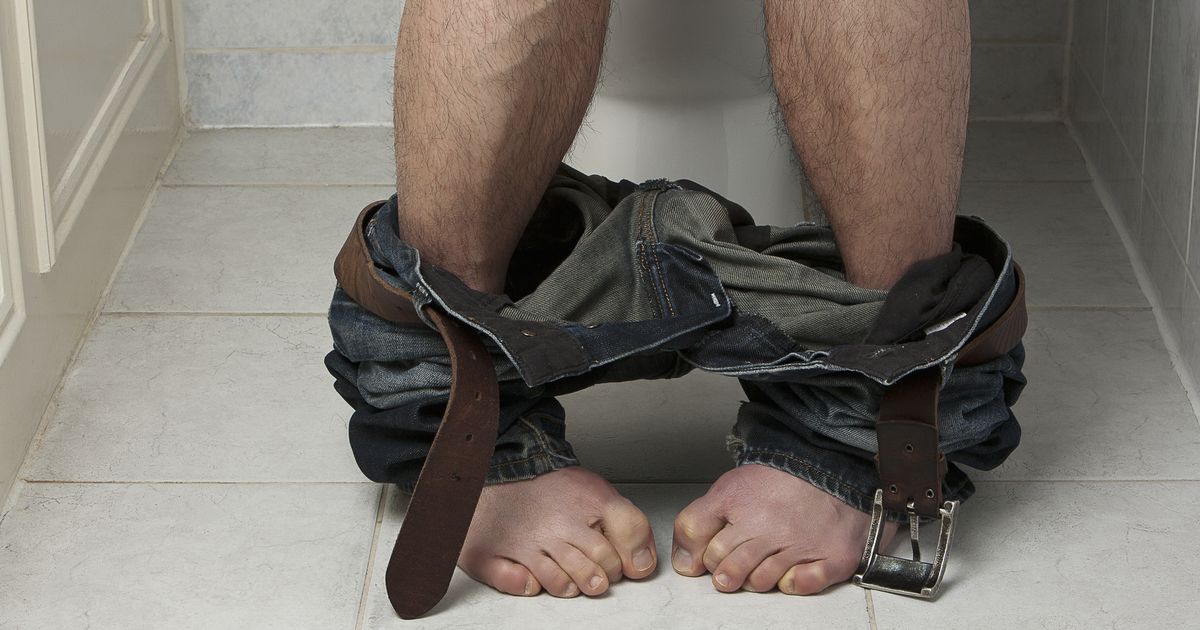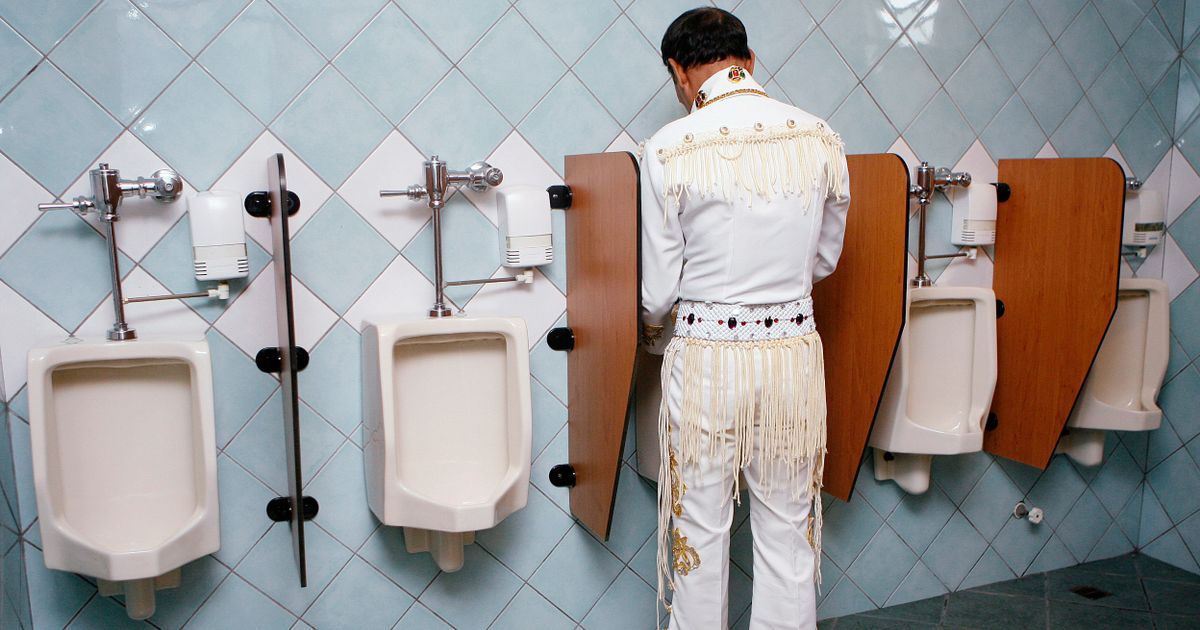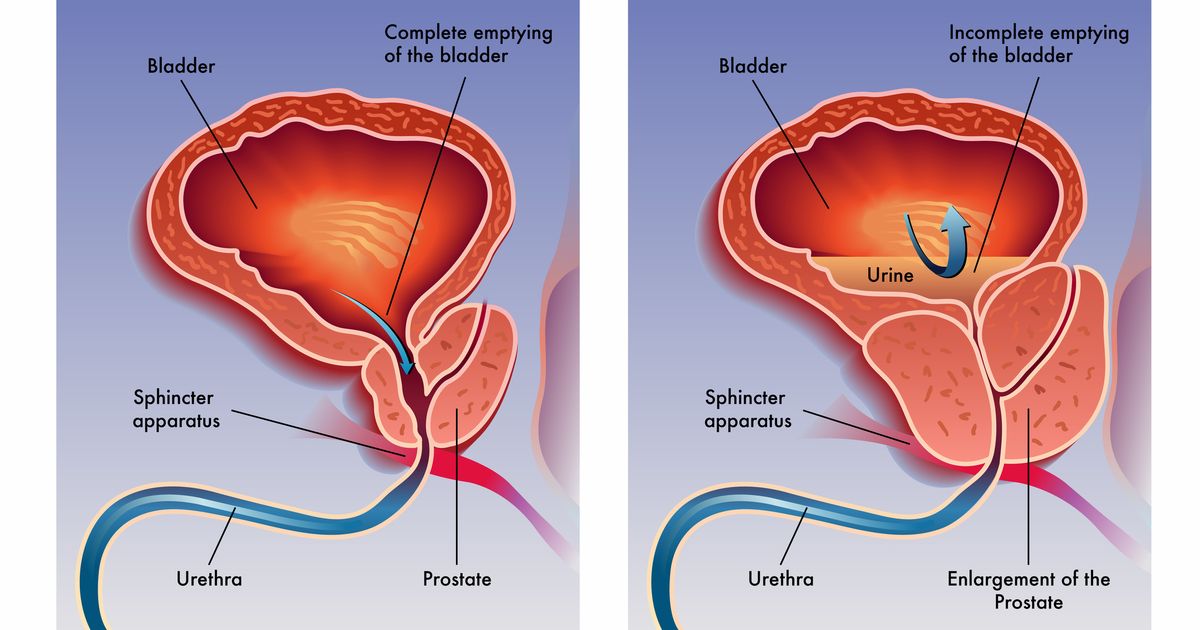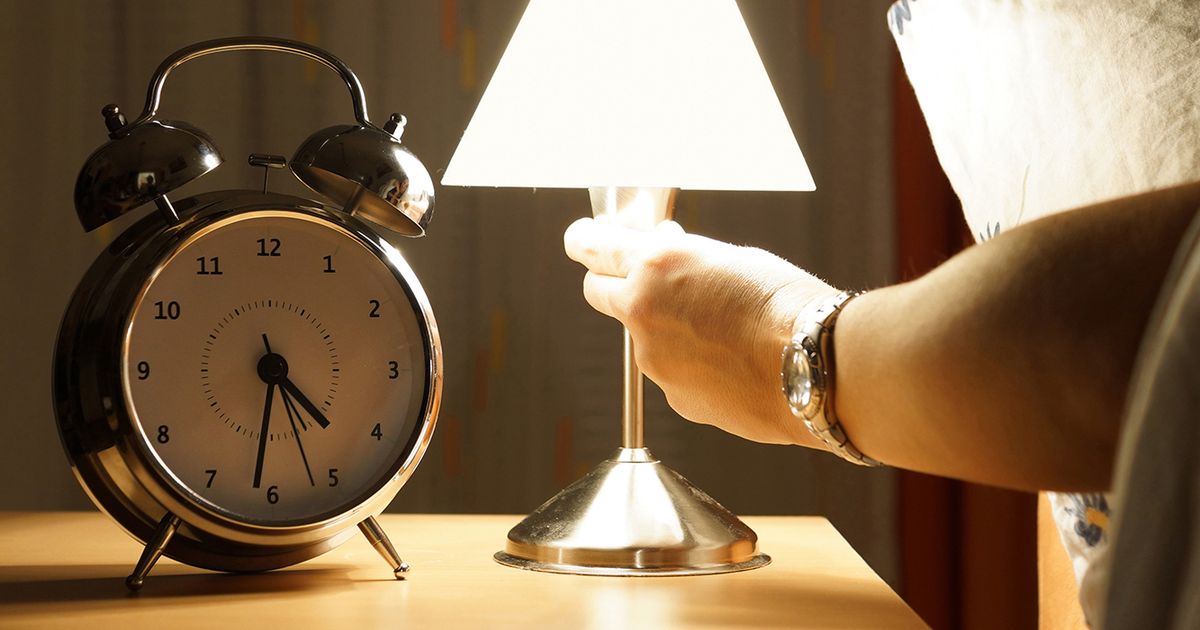The Visual Signs Of Prostate Cancer
Prostate cancer is the second leading type of cancer in men behind skin cancer and is one of the primary causes of death among men of all races. It is estimated that approximately twenty-seven thousand nine hundred and seventy men will die from prostate cancer in the United States alone. Despite these numbers, prostate cancer is highly treatable if it is caught during the early stages of the disease. Here are the visual signs to look out for.
Frequent Urination

Although there are no real warning signs of early prostate cancer, frequent urination may be an indication of swelling or pressure on the prostate gland. This occurs when a tumor has formed and puts pressure on the prostate gland, resulting in the urge to urinate more often than normal, especially at night. In some cases, frequent urination is a sign that the tumor has spread beyond the prostate or may entirely encompass the gland.
Difficulty Urinating

Difficulty urinating may be caused when the prostate gland grows large enough to press against the urethra, making it harder for urine to be comfortably evacuated from the body. This is known as a condition called benign prostate hyperplasia. However, a man may also experience difficulty urinating when a tumor is pressing against the urethra. Other symptoms may include a burning sensation or pain while urinating or during ejaculation. A doctor should be notified at the first sign of these symptoms to rule out prostate cancer.
Interrupted Urine Flow

Along with difficulty urinating, a man with prostate cancer may experience an interrupted urine flow that starts and often stops before the bladder feels empty. This may be caused by a tumor growth pressing on the urethra. Enlargement or inflammation of the prostate gland are also symptoms of prostate cancer and may cause an interrupted urine stream. A frequently interrupted urine stream may be an indication of a tumor and should be discussed with a doctor.
Blood

The presence of blood in the semen or urine may be a sign of prostate cancer. It is important to seek medical treatment to rule out other conditions as blood in the urine may be related to a urinary tract infection or kidney disease. Cancer may block the urethra tube, resulting in painful inflammation and bleeding of the prostate gland. Blood in the urine is usually a sign of advanced cancer and needs to be looked after immediately.
Enlarged Prostate

Although a man’s prostate will naturally grow as he ages, abnormally large growth advancements may be a sign of cancer. Several tests can be performed by a medical doctor to determine if cancer is present. A digital rectal exam involves a medical professional using an index finger to check the gland for abnormalities. An enlarged gland will feel smooth and firm while cancer will feel hard and lumpy. An ultrasound may also be done to determine the health of the prostate gland.
Burning Or Pain When Urinating

When a tumor presses on and constricts the urethra, it may inhibit the flow of urine which can cause the patient to feel a burning sensation or pain when urinating along with other symptoms related to urination.
Those at risk of prostate cancer include those who have a family history of the disease, consume a diet high in saturated fat, have high testosterone levels, genome changes, or a condition known as prostatic intraepithelial neoplasia (PIN). The American Cancer Society recommends that men begin getting tested for prostate cancer when they reach the age of fifty.
Urges To Urinate At Night

One of the symptoms of prostate cancer is for the patient to have more frequent urges to urinate during the night. This is also a symptom of the prostate is enlarged, which begins to happen as men age. However, this symptom may be confused with many other illnesses classified under the medical term, nocturia, which is the need to urinate excessively at night.
Some other causes of nocturia include infections, an overactive bladder, anxiety, edema, diabetes, obstructive sleep apnea, and neurological disorders like Parkinson’s disease or Multiple sclerosis (MS). Nocturia can also be common amongst patients with organ failure.
If there are extreme urges to urinate at night, speak to a licensed physician.